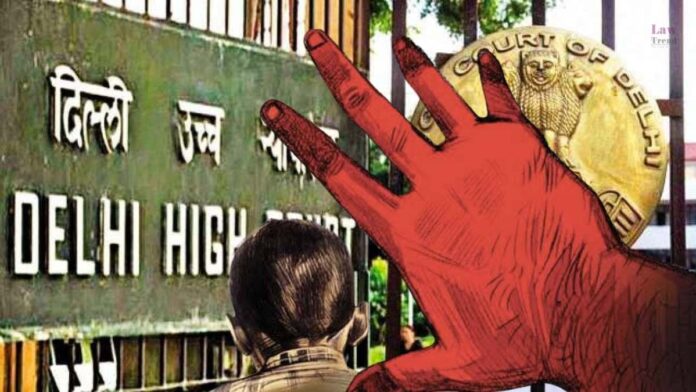The Delhi High Court has set aside a 2013 trial court judgment that acquitted a man, Inderpal, of rape charges, finding the lower court’s conclusions “palpably erroneous” and “perverse.” A Division Bench of Justice Dinesh Mehta and Justice Vimal Kumar Yadav, in an appeal filed by the State (CRL.A. 1039/2014), convicted the respondent-accused under Section
To Read More Please Subscribe to VIP Membership for Unlimited Access to All the Articles, Download Available Copies of Judgments/Order, Acess to Central/State Bare Acts, Advertisement Free Content, Access to More than 4000 Legal Drafts( Readymade Editable Formats of Suits, Petitions, Writs, Legal Notices, Divorce Petitions, 138 Notices, Bail Applications etc.) in Hindi and English.




